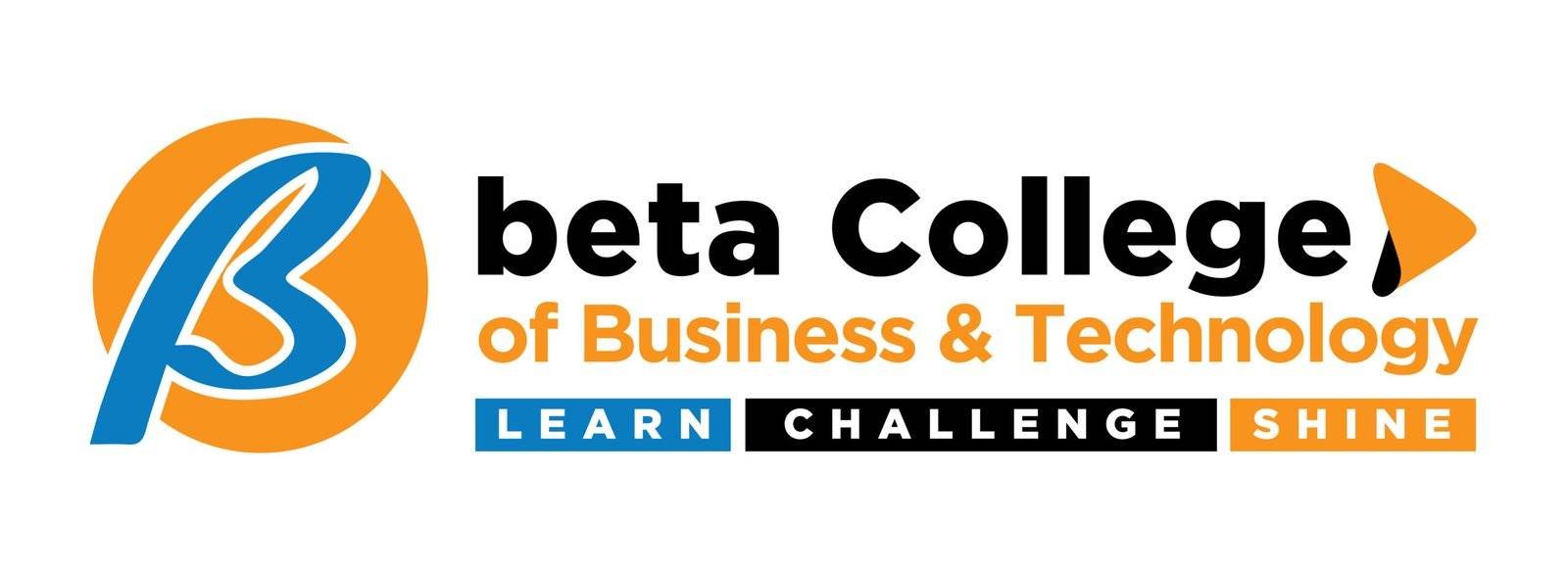Career planning is a lifelong journey that can significantly impact your personal and professional development. Whether you’re just starting your career, considering a change, or aiming for continuous improvement, effective career planning is a valuable skill that can lead to a fulfilling and successful work life. In this comprehensive guide, we will explore the ten most effective tips for successful career planning, providing you with the tools and insights to navigate your career path with confidence.
Self-Assessment: Know Yourself Inside and Out
Effective career planning begins with a deep understanding of yourself. Self-assessment is the foundation upon which you can build a successful career. To get started, ask yourself the following questions:
- What are my strengths and weaknesses?
- What are my passions and interests?
- What are my core values and beliefs?
- What are my short-term and long-term career goals?
- What kind of work environment brings out the best in me?
Taking the time to reflect on these questions will help you gain clarity about your career direction. It’s essential to align your career choices with your values and interests to find lasting fulfillment.
Set Clear and SMART Goals
Once you’ve gained a better understanding of yourself, it’s time to set clear and specific career goals. Your goals should be SMART: Specific, Measurable, Achievable, Relevant, and Time-bound. SMART goals provide you with a roadmap to follow and a sense of direction in your career journey. For example, instead of saying, “I want to advance in my career,” a SMART goal would be, “I aim to become a senior project manager within the next three years by completing relevant certifications and gaining experience.”
Embrace Lifelong Learning
In today’s rapidly changing job market, continuous learning is not just an option; it’s a necessity. Invest in your education and skill development to stay competitive. Consider taking courses, attending workshops, earning certifications, or pursuing further degrees. Learning new skills and staying updated with industry trends can open up new career opportunities and ensure you remain valuable to employers.
Harness the Power of Networking
Networking is a powerful tool for career growth. Building and nurturing professional relationships with colleagues, mentors, and industry peers can lead to valuable insights, job referrals, and support throughout your career. To effectively network:
- Attend industry-related events, conferences, and seminars.
- Join online forums, LinkedIn groups, and professional organizations.
- Actively engage in networking events and conversations.
- Offer assistance and support to others in your network.
Your network can provide you with guidance, mentorship, and a sense of community in your chosen field.
Stay Informed About Your Industry
To make informed career decisions, stay up-to-date with industry trends, market developments, and emerging technologies. Understanding the landscape of your chosen field will help you adapt and thrive. Here are some ways to stay informed:
- Read industry-specific publications and journals.
- Follow thought leaders and influencers on social media platforms.
- Participate in online forums and discussions related to your industry.
- Seek out professional development opportunities like webinars and workshops.
Being knowledgeable about your industry not only makes you a more attractive candidate to employers but also positions you as an expert in your field.
Develop Essential Soft Skills
While technical skills are crucial, don’t underestimate the importance of soft skills. Soft skills, such as communication, teamwork, adaptability, problem-solving, and emotional intelligence, are essential for career success. These skills enable you to collaborate effectively with colleagues, handle challenges gracefully, and lead teams to success. Focus on honing your soft skills through practice, feedback, and self-improvement.
Create and Maintain a Personal Brand
Your personal brand is how you present yourself to the professional world. It encompasses your online presence, resume, and how you communicate with others. Ensure that your personal brand aligns with your career goals and values. Use platforms like LinkedIn to showcase your expertise, share valuable insights, and connect with potential employers or collaborators. A strong personal brand can help you stand out in a competitive job market.
Seek Mentorship and Guidance
Mentorship can be a game-changer in your career. Look for someone experienced in your field who can offer advice, share their experiences, and help you navigate challenges. A mentor-mentee relationship can provide you with valuable insights that formal education cannot. Seek out mentors who inspire you and are willing to invest their time and expertise in your growth.
Regularly Evaluate and Adjust Your Plans
Career planning is not a one-time event; it’s an ongoing process. Regularly evaluate your progress towards your career goals and be willing to adjust your plans as needed. Life is unpredictable, and new opportunities or interests may arise along the way. Be open to changing course if you discover new passions or career directions that align better with your values and ambitions.
Stay Resilient in the Face of Challenges
The path to a successful career is rarely without setbacks and challenges. Stay resilient and determined in the face of adversity. Use failures as learning experiences and opportunities for growth. Remember that setbacks are often part of the journey to success. Embrace them as valuable lessons and keep pushing forward towards your goals.
Conclusion
Effective career planning is a dynamic and lifelong process that involves self-assessment, goal setting, continuous learning, networking, industry research, soft skills development, personal branding, mentorship, regular evaluation, and resilience. By following these ten tips, you can create a roadmap for your career that leads to fulfillment and success.
Your career journey is unique, and with dedication and determination, you can achieve your professional aspirations. Start planning your career today, and watch your dreams turn into reality. Remember, your future is in your hands, and by taking these proactive steps, you can shape it into something extraordinary.


